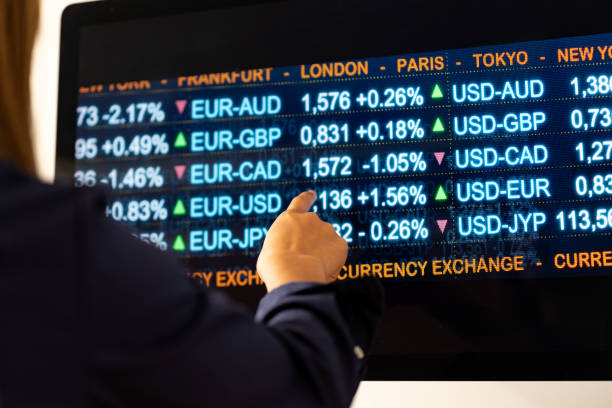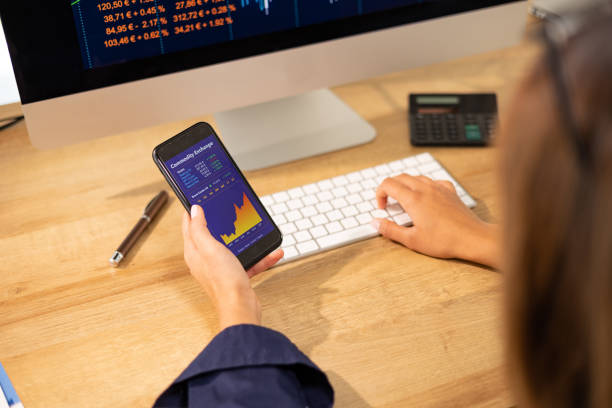Three varieties of stock index futures contracts
Stock index futures are contracts that allow traders to buy or sell a contract that is derived from a financial index today to be settled at a future date. They are used for hedging, speculation, and arbitrage purposes in the global market. Stock index futures can be based on various underlying assets, such as equities, commodities, currencies, and interest rates.
There are many types of stock index futures contracts, but some of the most common ones are:
Equity index futures: These are contracts based on the performance of a stock market index, such as the S&P 500, the Dow Jones Industrial Average, the Nasdaq 100, or the Russell 2000. They allow traders to gain exposure to a broad basket of stocks without owning them individually. Equity index futures are popular among investors who want to diversify their portfolio, hedge their equity risk, or speculate on the market direction.
Commodity index futures: These are contracts based on the performance of a commodity index, such as the S&P GSCI, the Bloomberg Commodity Index, or the Thomson Reuters/CoreCommodity CRB Index. They allow traders to gain exposure to a broad basket of commodities without owning them physically. Commodity index futures are popular among investors who want to hedge their inflation risk, diversify their portfolio, or speculate on the commodity cycle.
Currency index futures: These are contracts based on the performance of a currency index, such as the U.S. Dollar Index, the Euro Currency Index, or the Trade Weighted Index. They allow traders to gain exposure to a broad basket of currencies without exchanging them individually. Currency index futures are popular among investors who want to hedge their currency risk, diversify their portfolio, or speculate on the exchange rate movements.
These are some of the varieties of stock index futures contracts, but they are not the only ones. Traders can also find index futures based on other assets, such as interest rates, volatility, or environmental factors. Traders should use a combination of indicators and tools that can help them analyze the market trends, momentum, volatility, and volume of the underlying assets and the futures contracts. They should also be aware of the benefits and risks of trading index futures, such as leverage, liquidity, margin, and settlement.
How do futures traders review their trading?
Futures trading is a form of financial speculation that involves buying and selling contracts that represent the future delivery of an asset, such as a commodity, a currency, an index, or a stock. Futures traders aim to profit from the price movements of the underlying asset, without actually owning
Futures night trading hours
Futures are contracts that obligate the buyer or seller to exchange an asset or commodity at a specified future date and price. They are used for hedging, speculation, and arbitrage purposes in the global market. Futures can be based on various underlying assets, such as currencies, commodities, ind
How can futures efficiently increase the success rate of intraday trading?
Intraday trading is a form of trading that involves buying and selling securities within the same trading day, without holding any positions overnight. Intraday traders aim to profit from the short-term price fluctuations of the market, using various tools and strategies to analyze and execute trade
What are the factors that can affect how much money can be made in futures?
Futures trading is a form of financial speculation that involves buying and selling contracts that represent the future delivery of an asset, such as a commodity, a currency, an index, or a stock. Futures traders aim to profit from the price movements of the underlying asset, without actually owning








